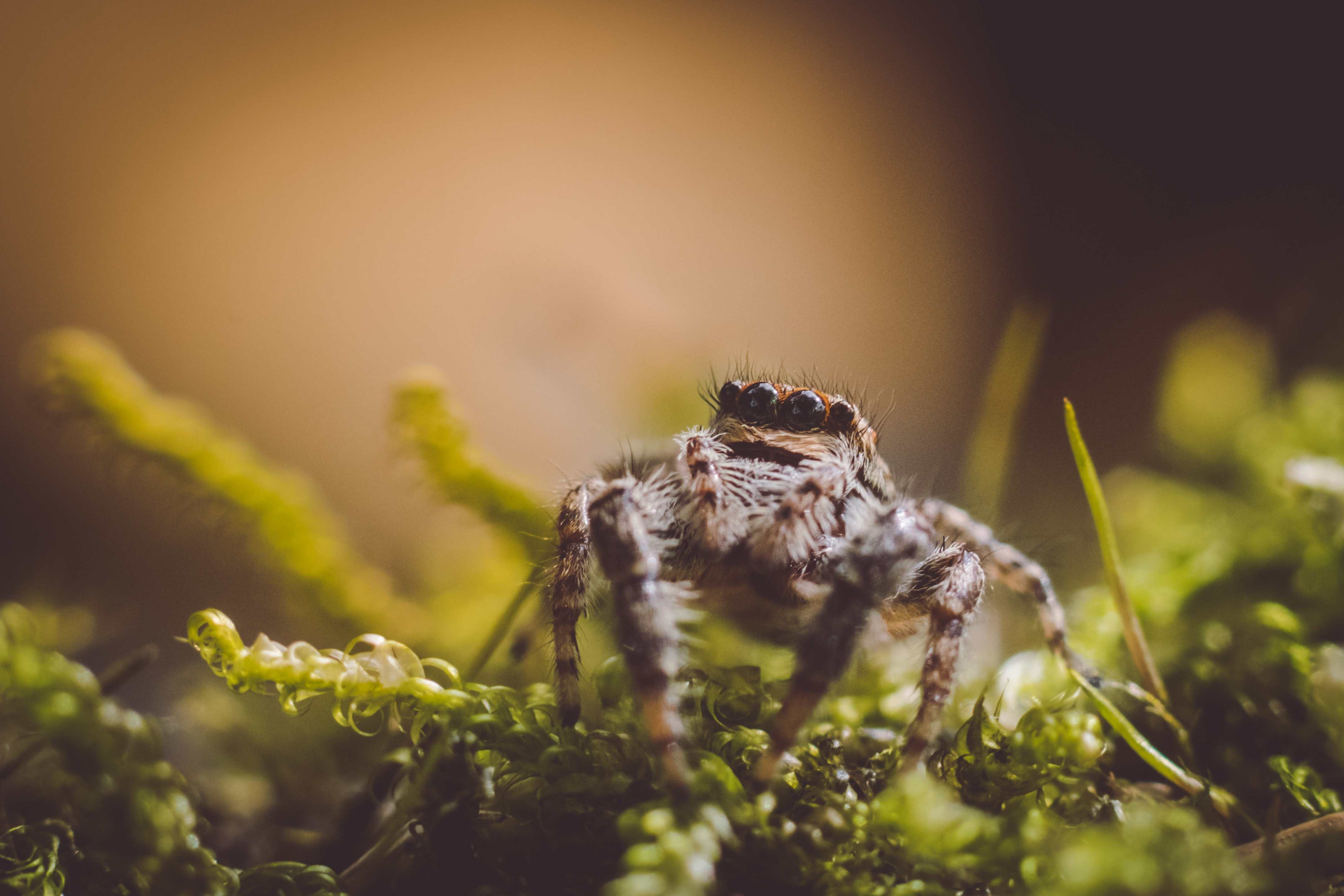Will there be more and more “black technology” biotechnologies in China? Perhaps the answer lies in more and more subdivided tracks.

Established in 2015, IndieBio has provided resources for the founders of many biotech companies, solved the challenges of complex issues ranging from artificial meat to sustainable development, and built a portfolio of biotech companies worth more than US$3.2 billion , Including Memphis Meats, a company that uses animal cells to make artificial meat, and Catalog, a company that uses organic matter as data storage. Each company that cooperates will get help worth $250,000 in funding, laboratories, and other services.
The company is headquartered in San Francisco, and established a branch in New York this year and expanded more than 20 cooperative companies here.
When the epidemic began, quarantine suspended work in some company laboratories. Julie Wolf, head of investor relations at SOSV, said that the founders began to collaborate with universities, scientific research institutions, and other biotechnology accelerators to continue experiments.
The following are some of the companies on the demo day:
Reazent: Committed to making soil bacteria help crops obtain Faster growth can now be achieved on 116 crops such as potatoes and cabbage, and the organic agricultural land market will be further cultivated in the future.
Kraken Sense: created an online automatic device for measuring large-scale food and water systems The concentration of pathogens, the product can be used in farms and kitchens.
Advanced Microbubbles: created a platform, To help deliver drugs to complex tumors, the company is studying treatments for two types of cancer: neuroblastoma and pancreatic cancer.
Cybele Microbiome: Created probiotic skin care A series of products that use the microbiota on the skin can even produce natural fragrance.
Ivy Natal: is studying the use of human skin Cells make egg cells to treat infertility.
Liberum: Committed to researching recombinant proteins, CEO Aidan Tinafar believes this is a $400 billion market opportunity. Liberum has created a protein printer that can shorten the creation time of custom recombinant proteins from weeks to hours.


